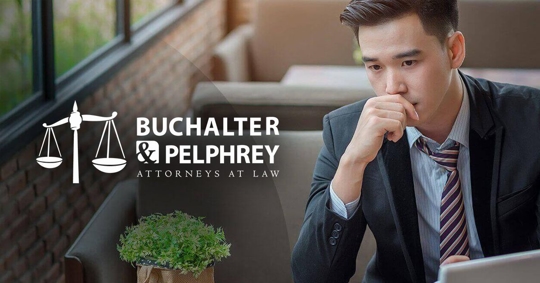Most people understand an appeal as the final attempt to overturn a ruling in a court of law. In areas like criminal defense, for example, a defendant may appeal a conviction to try and reduce or drop their sentence. In most areas of law, the appeal process occurs at the end of a case, rather than along the way.
In bankruptcy, however, the appeal process is much more complex. Bankruptcy may take several years to complete, and it contains multitudes of decisions that greatly affect the legal and financial interests of the filer, their creditors, and even the trustee. As with other areas of law, only final decisions can be appealed, but the definition of a final decision in bankruptcy is relatively vague.
According to the American Bankruptcy Institute, a final decision in a contested matter or adversary proceeding is one that:
- Resolves litigation;
- Decides merits;
- Settles liability;
- Establishes damages; or
- Determines the rights of any party to the bankruptcy case.
Theoretically, this ambiguity grants a greater level of flexibility, which is important because each decision in bankruptcy (especially complex Chapter 11 cases) tend to build on each other. It is much easier to appeal a small decision in the middle of a case than to wait until all other decisions have been made. An appeal at the end of the case would unravel all other decisions built upon it along the way.
Here are just a few specific examples of decisions or findings that may be overturned by a successful appeal:
- The dischargeability of a debt
- Whether a certain property is part of the bankruptcy estate
- Whether a debtor can exempt an asset (i.e. protect it from liquidation, or exclude it from the Chapter 13 payment plan)
- An order granting a creditor relief from the automatic stay (thereby allowing them to collect your debt even though you have filed bankruptcy)
As illustrated above, a bankruptcy may contain many different final—and, therefore, appealable—decisions. Additionally, some decisions may be appealed even if they do not qualify as final decisions, but you will need to obtain permission to appeal from the appellate court. Decisions that are not final are considered “interlocutory,” meaning they determine intervening matters within a larger cause.
If you are unsure whether a decision in your bankruptcy can be overturned via appeal, consult an experienced attorney. Keep in mind that the time you have to file a bankruptcy appeal might only be 10 days (rather than the usual 30 for a standard appeal), so you must act quickly.
By Your Side from Start to Finish
Are you considering bankruptcy? Alternatively, have you already begun the process, but you need a professional to step in and fight for a better outcome on a bankruptcy-related matter? At Buchalter & Pelphrey Attorneys At Law, we do not shy away from challenging cases. No matter which chapter you file, you can expect our team of attorneys to fight tenaciously for the best possible outcome at every turn. With 45+ years of experience, we are fully prepared to maximize the benefits of your bankruptcy.
Schedule your courtesy evaluation by contacting us online or calling (321) 320-6088 today.

